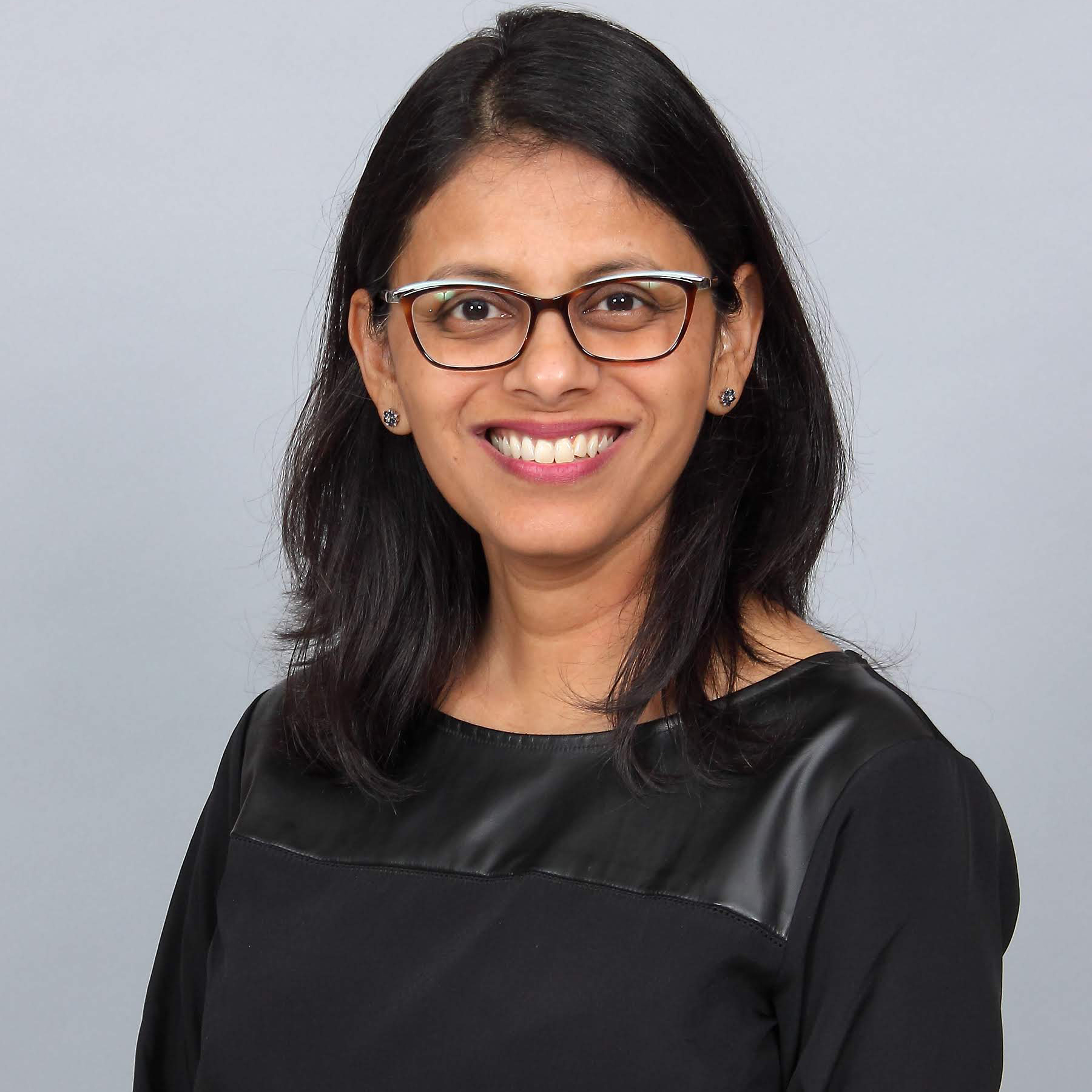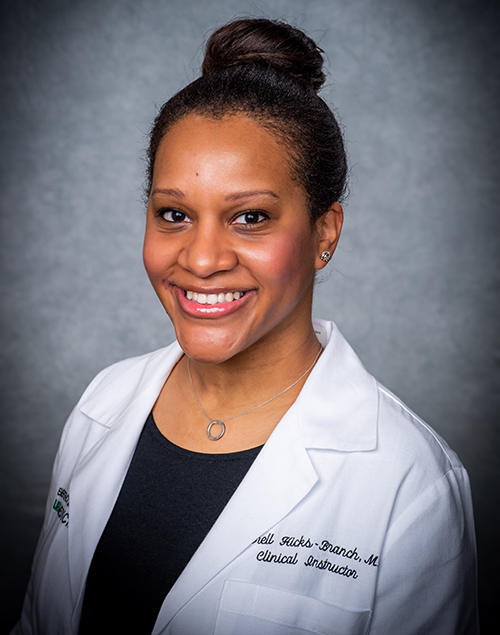The Learning Communities program in the UAB School of Medicine gives students a home base throughout their four years of medical school. Each of the 11 communities are led in small groups by faculty mentors who teach students skills in wellness, medical student health and others they’ll need in the practice of medicine.
Four faculty members joined the program earlier this year as new mentors for the Learning Communities. Below is Part 1 of a Q&A with two of the new mentors. Read about their motivation to join the program and why they feel the LCs are important to medical school.
 Pallavi Iyer, M.D.
Pallavi Iyer, M.D.
Associate Professor, Division of Pediatric Endocrinology and Diabetes
Oparil Learning Community, Birmingham Campus
Why did you want to be a part of the Learning Community Program?
I wanted to serve in a mentor role for the medical students that spanned the whole four years, discussing all the other parts of being in the medical field, not just the biosciences.
How is the experience so far?
The experience thus far has been good – meeting other mentors that are like-minded and few interactions with students has been good.
How is the program valuable for medical students and for teaching humanism and other concepts across the four years of medical school?
Creating spaces and forums where students become accustomed to sharing their experiences, perspectives, questions, and concerns makes the LC longitudinal experience valuable.
 Sherell Hicks, M.D.
Sherell Hicks, M.D.
Assistant Professor, Department of Emergency Medicine
Lyons Learning Community, Montgomery Campus
Why did you want to be a part of the Learning Community Program?
I really appreciate and understand the value of mentorship as it has helped shape my career thus far, and I wanted to be able to carry it forward in a unique way through Learning Communities. I am really looking forward to building a strong sense of camaraderie amongst our group and having fun while watching the students learn and grow as they progress through medical school.
How is the experience so far?
Everything is going well! I love how the curriculum is structured because it serves as a guide through the different sessions but also gives you the flexibility to make it your own. I am doing a part-time lead mentor position working directly with Dr. Caroline Harada, which has been awesome! I cannot wait to meet the new first-year medical students soon!
How is the program valuable for medical students and for teaching humanism and other concepts across the four years of medical school?
This program incorporates topics that cannot be taught from a textbook or a lecture but are essential to personal and professional development. It provides a safe space for medical students to speak freely without judgment, engage in open communication, and gain insight into each other’s different perspectives. I look forward to listening and observing how the medical students learn from each other!
